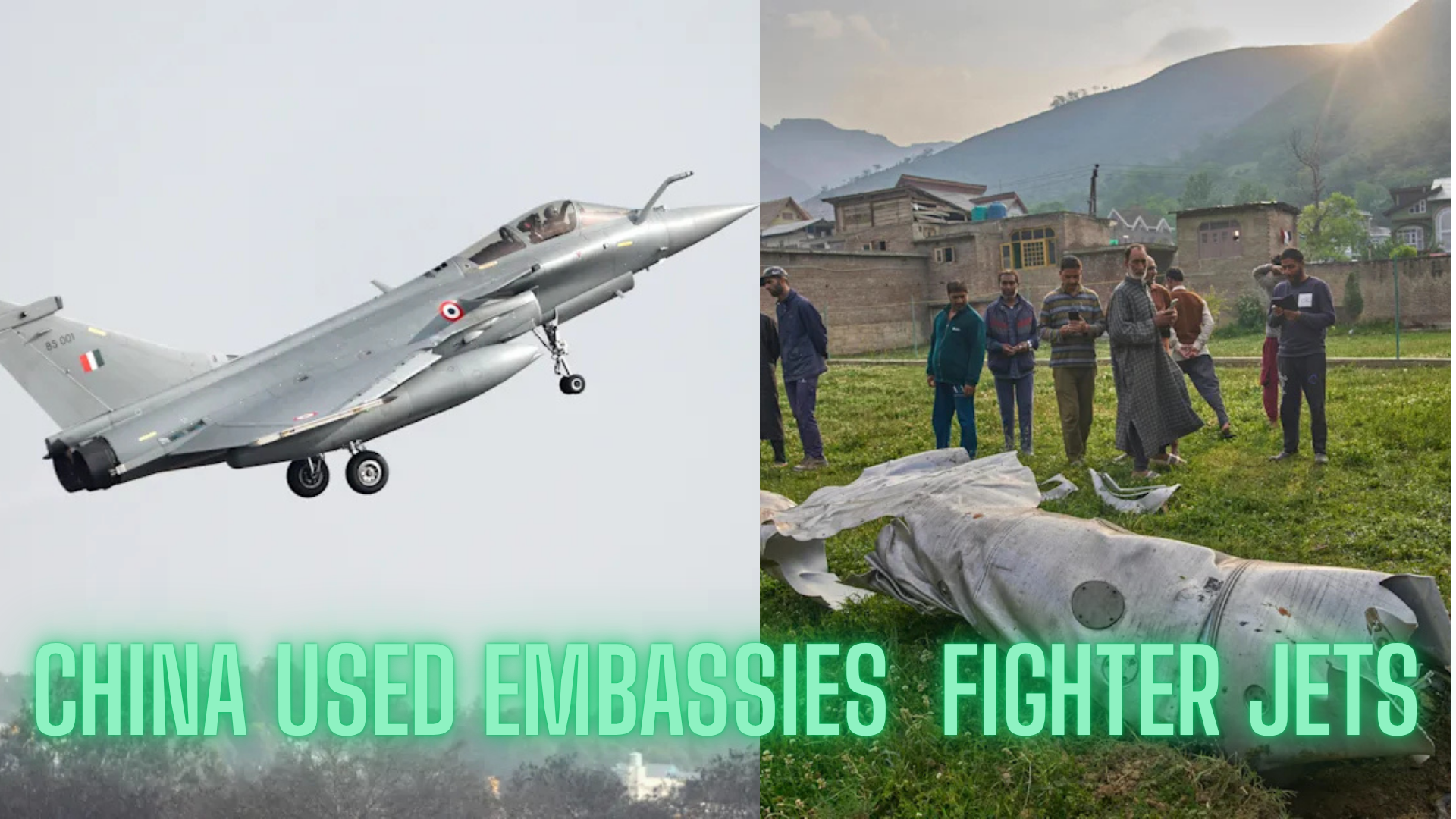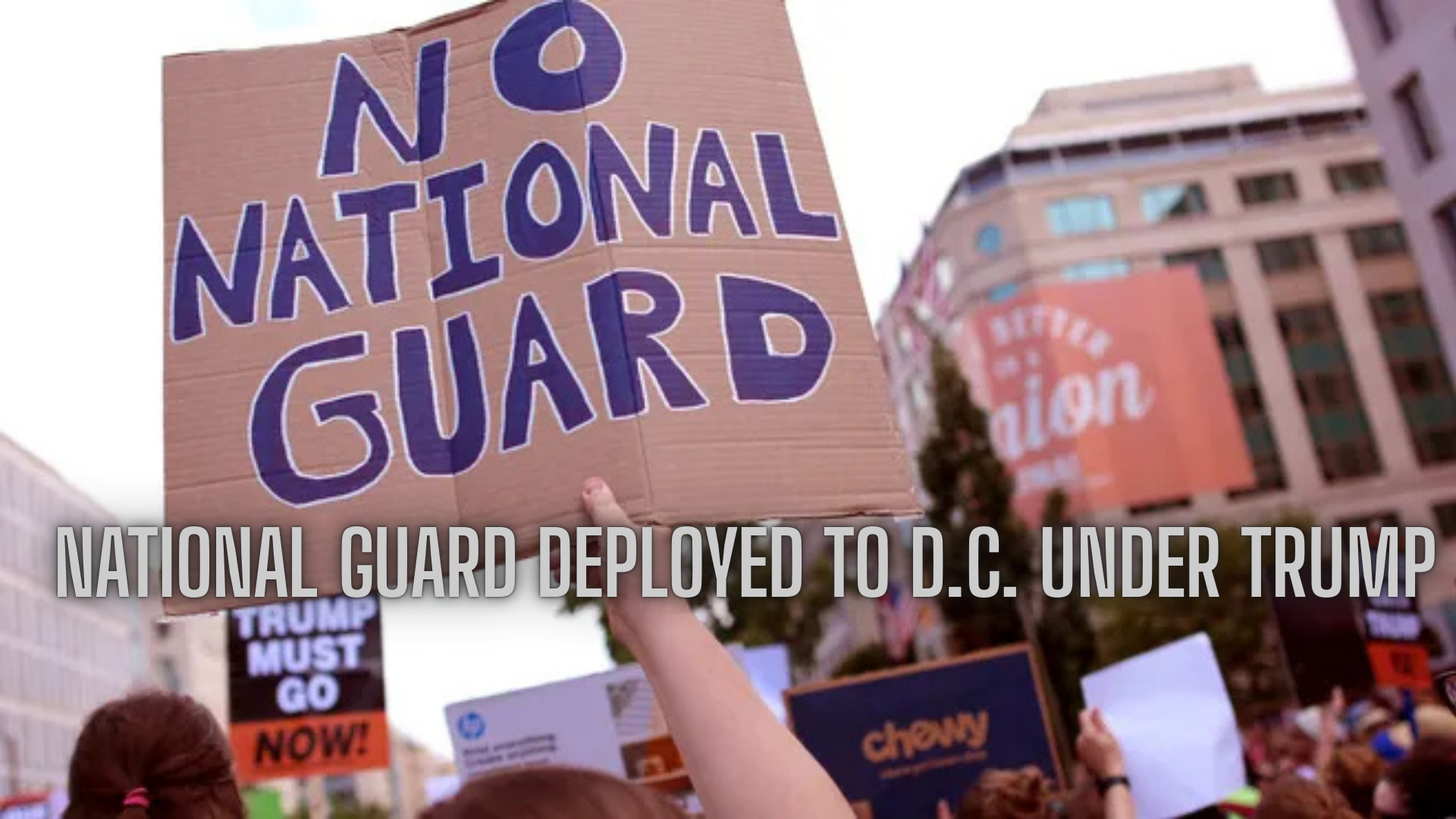PARIS (AP) — French intelligence services have concluded that China actively used its diplomatic network to damage the global reputation and sales of France’s premier fighter jet, the Rafale, following its involvement in recent India-Pakistan military clashes.
According to findings shared with the Associated Press by a French military official—who requested anonymity—defense attachés stationed in Chinese embassies launched an orchestrated campaign to cast doubt on the Rafale’s combat performance. The campaign aimed to dissuade current buyers, particularly Indonesia, from making further purchases and to steer prospective clients toward Chinese-manufactured alternatives.
The suspected disinformation effort follows four days of intense aerial confrontations between India and Pakistan in May—the most serious exchange between the two nuclear-armed neighbors in years. The clashes involved dozens of aircraft, including Indian Rafales and Pakistan’s Chinese-made warplanes and missile systems.
Since then, defense experts and military analysts have been evaluating the effectiveness of both sides’ airpower. French officials say this review period created a fertile ground for misinformation. In particular, they cite viral social media posts, doctored images, AI-generated content, and video-game footage repurposed to mimic real combat—all allegedly aimed at tarnishing the Rafale’s reputation.
One widely circulated claim, believed to be part of the effort, came from Pakistan’s military, which asserted it had shot down five Indian aircraft—three of which were said to be Rafales. India confirmed it had lost aircraft during the confrontation but did not disclose specific numbers. French Air Force Chief Gen. Jérôme Bellanger later stated that evidence pointed to the loss of just three jets: one Rafale, a Russian-made Sukhoi, and a Mirage 2000—an older French model. The Rafale loss marked the aircraft’s first confirmed combat downing.
This revelation raised concern among countries that have already purchased the Rafale or are considering doing so. “Of course, the nations that bought Rafales asked themselves questions,” Gen. Bellanger noted.
While French military officials stopped short of directly linking online disinformation to the Chinese government, they confirmed that Chinese embassy defense attachés had echoed anti-Rafale talking points in private meetings with foreign defense officials. These meetings reportedly aimed to convince countries that Rafales underperformed in combat and that Chinese jets offered a superior option. Intelligence reports say several nations that were approached later alerted French officials to these lobbying efforts.
Beijing has denied the allegations. In a statement to the Associated Press, China’s Ministry of National Defense said: “The relevant claims are pure groundless rumors and slander. China has consistently maintained a prudent and responsible approach to military exports, playing a constructive role in regional and global peace and stability.”

However, experts and French officials say the campaign reflects broader trends. In recent years, China has escalated its use of global disinformation tactics, often leveraging state-backed influencers, fake news outlets, and networks of fabricated social media accounts on platforms like X (formerly Twitter), Instagram, and Facebook. These efforts are typically used to shape narratives in favor of Chinese interests and weaken competitors’ influence.
France’s Ministry of Defense described the effort as “a vast campaign of disinformation” intended to promote “the superiority of alternative equipment, notably of Chinese design.”
“The Rafale was not randomly targeted,” the ministry said in a statement on its official website. “It is a highly capable fighter jet, deployed in high-visibility theaters and representing a strategic French offering. By attacking the aircraft, certain actors sought to undermine the credibility of France’s industrial and technological base. This was not just about a plane—it was about challenging France’s strategic autonomy and reliability.”
To date, Dassault Aviation has sold 533 Rafales, including 323 units to export markets. Major buyers include Egypt, India, Qatar, Greece, Croatia, the United Arab Emirates, Serbia, and Indonesia, which has ordered 42 Rafales and may expand its order.
Justin Bronk, an airpower expert at the Royal United Services Institute in London, believes China may be leveraging the recent India-Pakistan conflict to further its geopolitical ambitions in the Indo-Pacific region.
“From a point of view of limiting Western countries’ influence in the Indo-Pacific, it would make sense for China to be using the performance of Pakistani weapon systems—or at least the purported performance—in downing at least one Rafale as a tool to undermine its attractiveness as an export,” Bronk explained.
“They certainly saw an opportunity to damage French sales prospects in the region.”
As competition heats up in the global arms trade—particularly in the Indo-Pacific—France finds itself not only defending the Rafale’s capabilities but also battling a broader campaign to tarnish its reputation and influence in the region.



